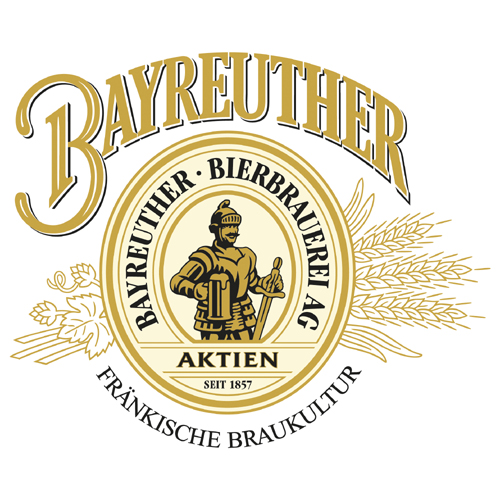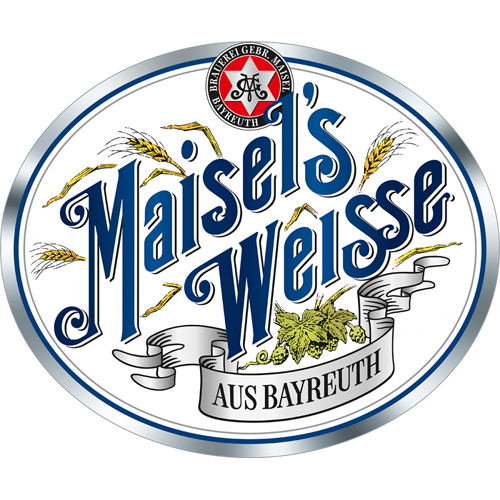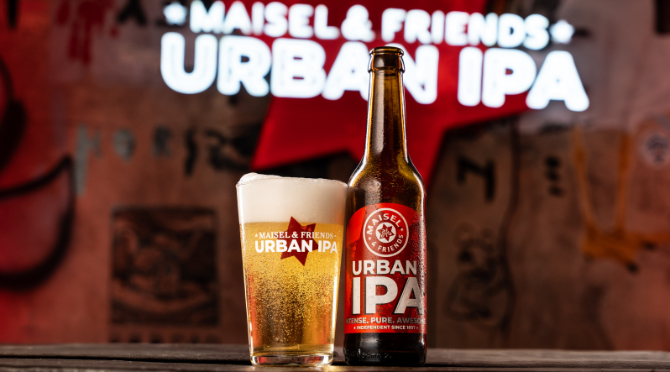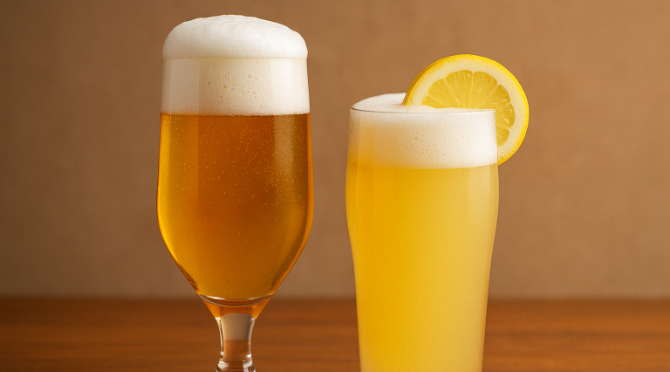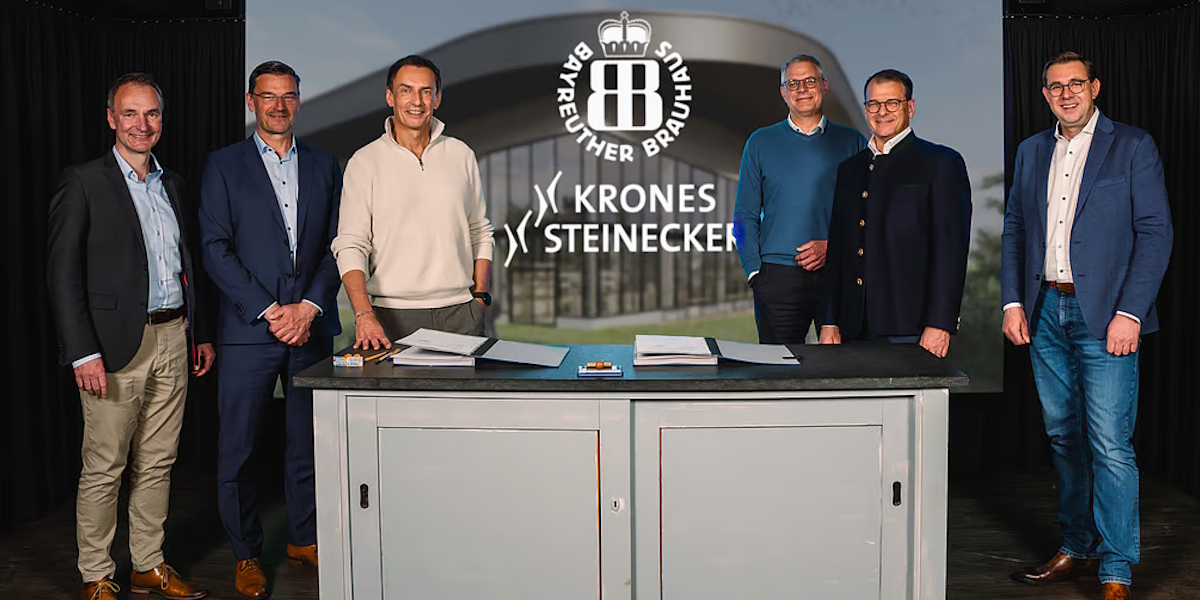
After legal opposition fades, EUR 90 million greenfield project moves ahead in Bayreuth
The Bayreuther Bierbrauerei AG, which belongs to Brauerei Gebr. Maisel, is investing EUR 90 million in a cutting-edge greenfield brewery in the Bayreuth district of Oberobsang. The contract for planning and execution has been awarded to Bavarian engineering company Krones. Jeff Maisel, who heads both companies, signed the agreement in April together with Krones Board Member for Sales, Thomas Ricker. From the end of 2026, the new facility will produce Bayreuther Hell exclusively.
The construction project was not without controversy. A local citizens' group attempted to halt the plans in court, arguing that an industrial-scale brewery had no place in a residential area and that environmental concerns were being overlooked. After the Bayreuth Administrative Court dismissed the lawsuit and the appeal deadline passed without further action, the group decided not to pursue additional legal steps. Although a zoning review (Normenkontrollklage) technically remains possible, its chances of success are now considered slim.
The Bayreuther Bierbrauerei AG, which operates the Bayreuther Brauhaus, has been majority-owned by Brauerei Gebr. Maisel since 1965. Although both breweries remain legally independent, they have worked closely together for decades. While Bayreuther Bierbrauerei specializes in classic bottom-fermented beers like Bayreuther Hell, Brauerei Gebr. Maisel is particularly known for its top-fermented wheat beers such as Maisel’s Weisse. The new site in Oberobsang is a strategic move to expand production capacity for the Helles brand—utilizing modern technology and a clear focus on sustainability.
The facility is designed for an initial annual output of 500,000 hectoliters, with the potential to scale up to one million hl. Steinecker, a subsidiary of Krones, is responsible for the brewhouse, fermentation and storage cellars, and the entire utilities system. Krones itself will supply a new returnable-glass bottling line with a capacity of 40,000 bottles per hour—identical to the technology used at Maisel’s Brauhaus just 1.5 kilometers away. This ensures flexible staffing across both sites.
A central feature of the new brewery is its resource-efficient energy concept. A photovoltaic system will generate green electricity, and a woodchip plant will provide process heat. Two heating circuits—high-pressure hot water for wort boiling and low-pressure hot water for other systems—will feed into central heat storage tanks. Steinecker’s EquiTherm system will further improve thermal efficiency by recovering waste heat from the brewing process.
“With this ultra-modern brewery, we are setting new standards in efficiency and sustainability,” emphasized Jeff Maisel. The first components for the brewhouse are scheduled for delivery at the end of 2025, followed by the bottling equipment in mid-2026. The first bottles of Bayreuther Hell are expected to roll out of the new facility by the end of that year.

